Nine Elegant Pastimes of the Ancients in Spring

After the Start of Spring, spring arrives and the climate gradually warms up. Having endured the cold winter, modern enthusiasts of Hanfu can change into light and thin Chinese traditional dress garments to welcome the spring, while the ancients would celebrate getting through it with all kinds of activities. Things like boating on the lake, city walk, enjoying flowers, making wine, and going on spring outings. The ancients got close to nature, felt nature, and found comfort and joy in it. Come and experience the romantic springtime of the ancients with Silk Divas.
Ⅰ. Boating on the Lake in Spring
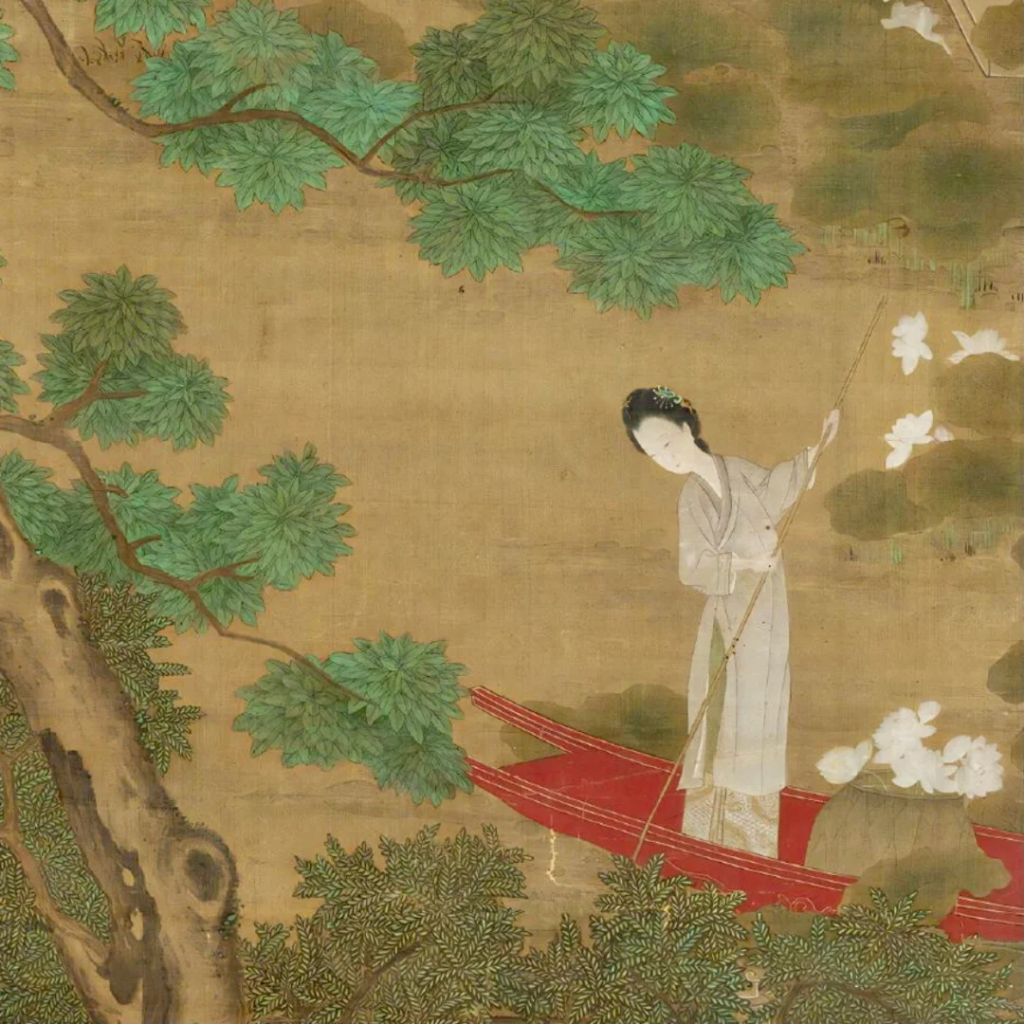
Regarding the specific historical background and related cultural activities of boating on the lake in spring, spring outings were known as “踏青” (literally “stepping on the greenery”), “游春” (wandering in spring), “寻春” (searching for spring), and “探春” (exploring spring) in ancient times. They were quite popular as early as the Pre – Qin period. Many ancient books depicted scenes of spring outings. For example, “Classic of Poetry · Zheng Feng · Zhenwei” (《诗经·郑风·溱洧》) recorded that people in the State of Zheng would go to the waterside outside the city in spring for fun. After the Wei and Jin dynasties, spring outings became opportunities for literati gatherings. There was a tradition among literati called “Winding stream party, floating wine cups along a meandering stream”, which meant drinking wine and composing poems by winding streams. This custom was particularly popular during the Double Third Festival (上已节).
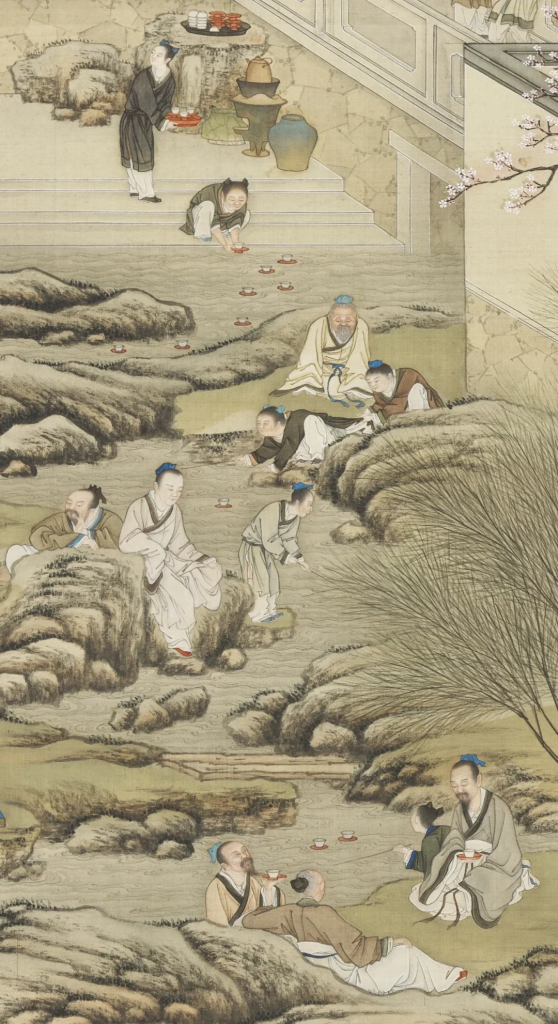
Ⅱ. Drinking Spring Tea
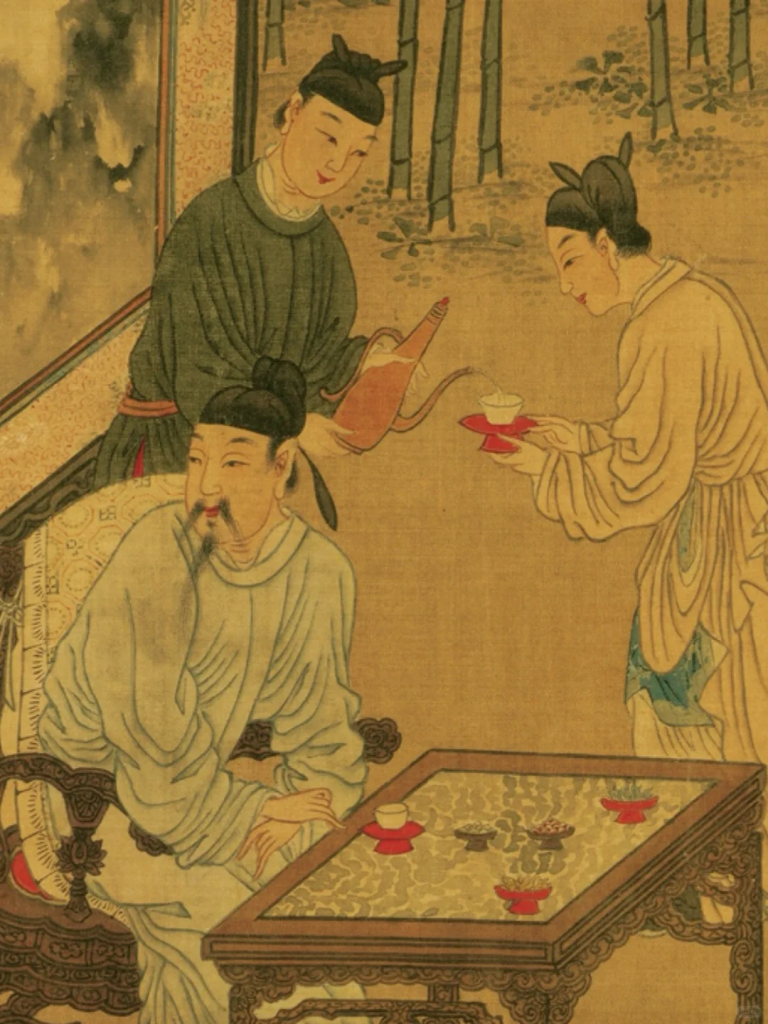
Before the Tang Dynasty, tea didn’t have a seasonal characteristic, nor was freshness pursued. However, with the promotion of tea connoisseurs like Lu Yu (陆羽), the status of spring tea gradually rose and became a highlight in tea culture. Lu Yu clearly stated in The Classic of Tea that the best time to pick tea leaves was between the second, third, and fourth months of the lunar calendar, that is, before the Start of Summer.
Ⅲ. Listening to the Spring Rain
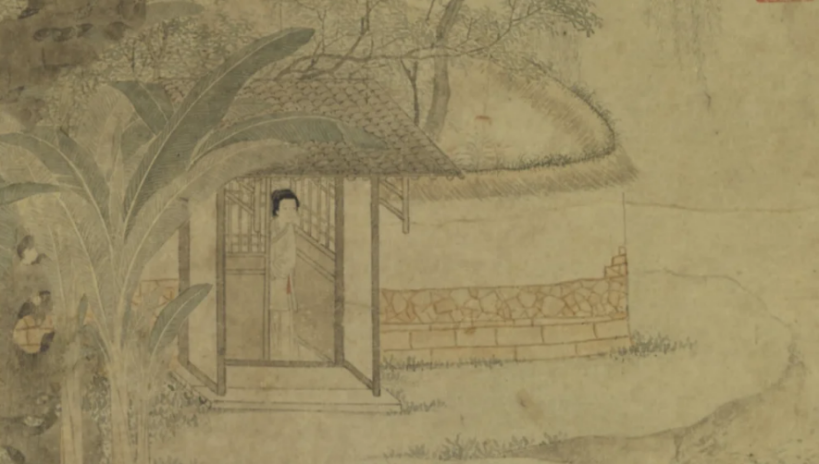
Appreciating the rain is an elegant pastime with a long – standing history, tracing back to ancient Chinese culture. As early as in The Rites of Zhou , there was a record of “In summer rain, wear proper clothes, and the swallow drinks from the spring”. Summer rain was seen as a life – nourishing agent and a symbol of the supernatural power that immortals could possess. Meanwhile, rain also symbolized the search for meaning in life and the control of one’s destiny.
Ⅳ. Spring Outing
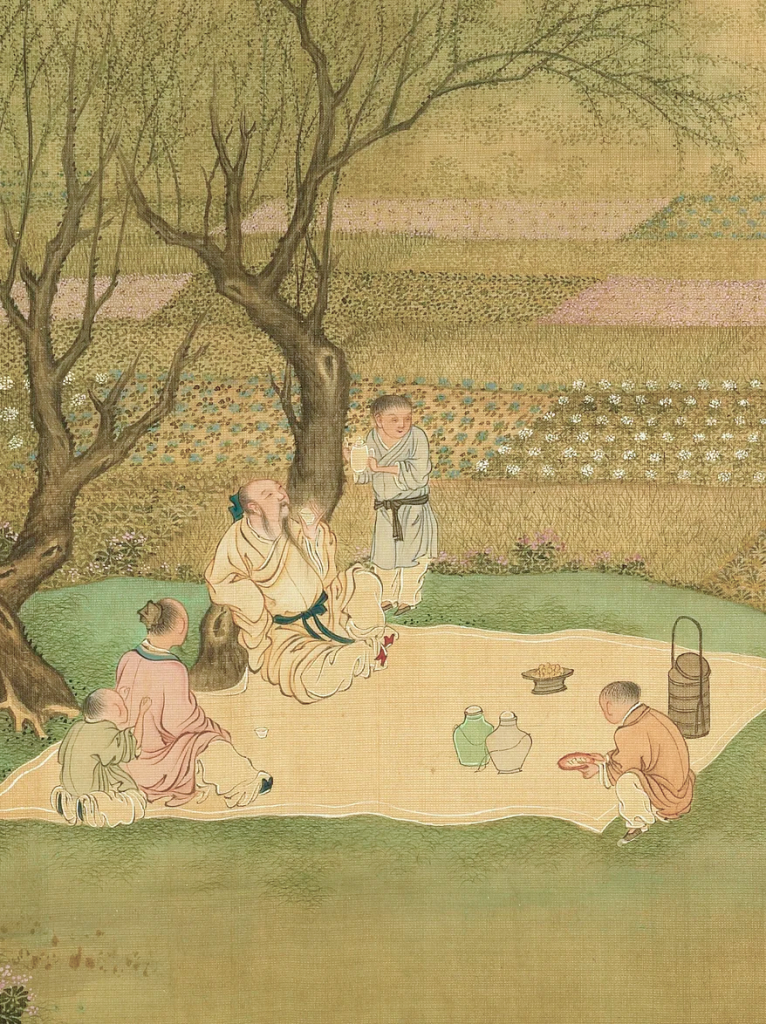
The custom of spring outings in China has a long history. Legend has it that this custom took shape during the Pre – Qin period and further developed in the Wei and Jin dynasties. The book of Jin records that every spring, people would go to the outskirts in groups to enjoy the spring scenery. It became particularly popular during the Tang and Song dynasties. Du Fu, a poet of the Tang Dynasty, once described the grand scene of the royal family’s spring outings: “On the third day of the third lunar month, the world is new. By the waterside of Chang’an, there are many beautiful ladies.”
Ⅴ. Admiring Spring Flowers
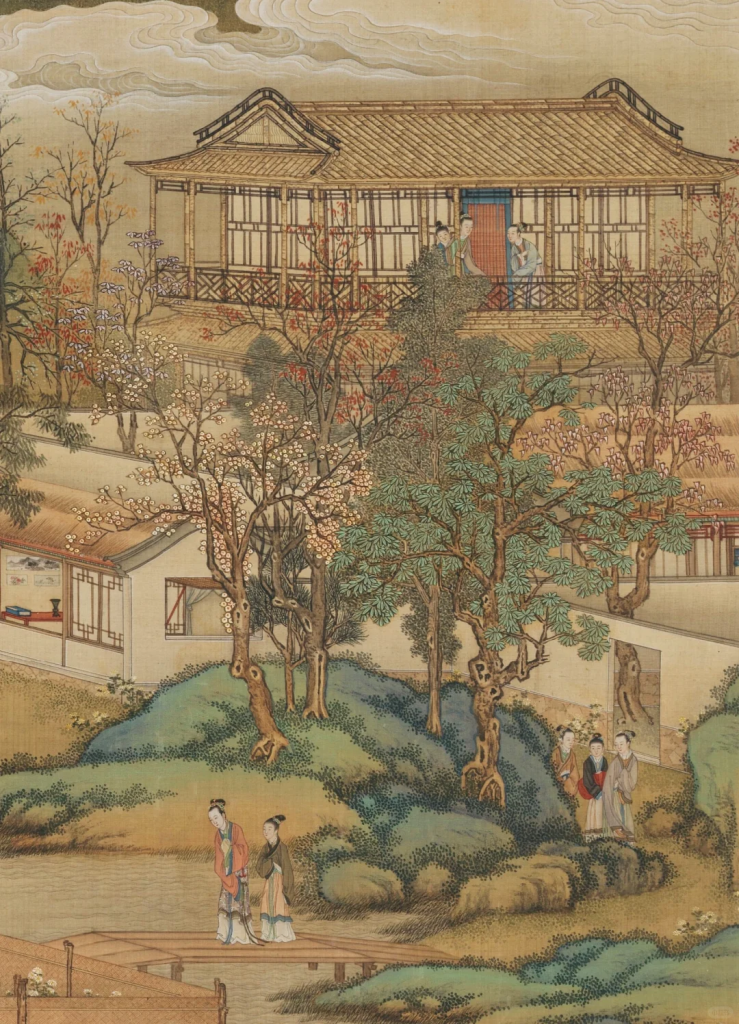
Spring flower – admiring activities include going on a spring outing to appreciate flowers, making flower cakes, and worshipping the flower goddess. During the Tang and Song dynasties, whenever the Flower – festival arrived, nobles and scholars would meet in the suburbs. They would enjoy flowers, compose poems while drinking, and watch singing and dancing. Besides, in the old days in the regions south of the Yangtze River, every household would worship the flower goddess. Women in their boudoirs would cut five – colored paper slips and tie them to flower trees, which was called “appreciating the red”. They did this to pray for the flower goddess to bless the flowers and trees to thrive. Speaking of the Flower Goddesses, the Hanfu series themed on the Twelve Flower Goddesses is designed based on various flowers. There are different opinions about exactly which flowers these flower goddesses represent, but this theme has indeed sparked a lot of discussions in the media.
Ⅵ. Brewing Wine in Spring
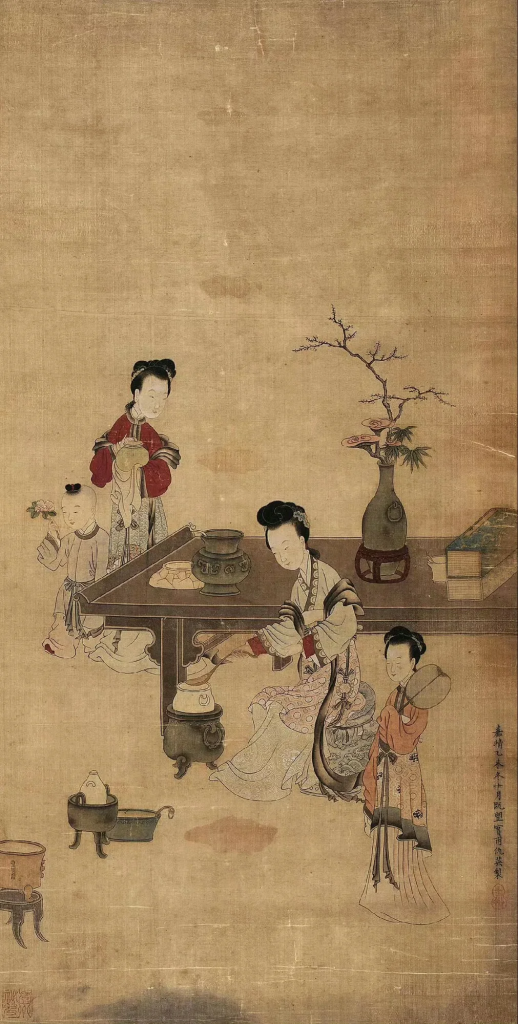
The history of the ancients brewing wine in spring can be traced back to the Pre – Qin period. In Classic of Poetry, there is a record of “Brewing this spring wine to wish for a long life”, indicating that in the Zhou Dynasty, spring wine was not only an important drink in sacrifices and feasts but also symbolized the wish for longevity. Spring wine was usually brewed after the rice was harvested in autumn. After the fermentation in winter, it was completed in spring. This process not only follows the natural seasons but also reflects the ancients’ respect for agricultural production and their anticipation of a good harvest.
Ⅶ. Flying Kites
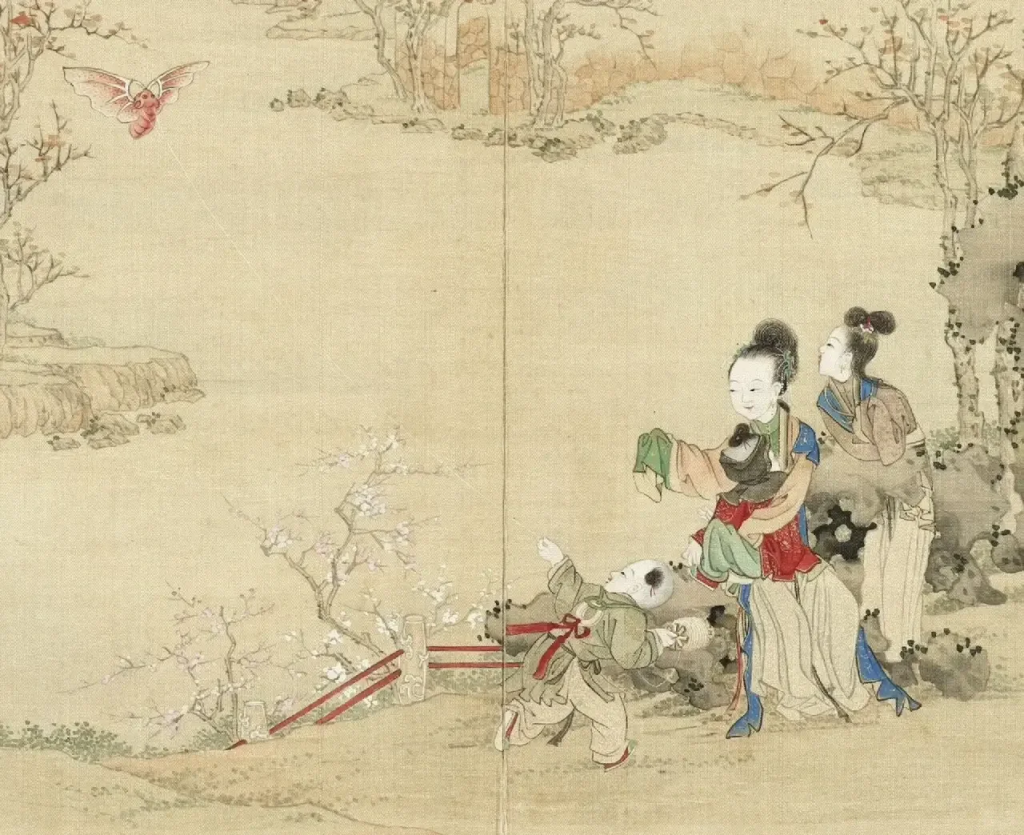
The ancients believed that flying kites could drive away “bad luck” and bring good fortune, thus achieving the goal of eliminating disasters. This custom was regarded as a way of praying for blessings in ancient times. As described in “Village Life” by Gao Ding (高鼎,《村居》) in the Qing Dynasty: “In February, the grass grows and orioles fly, and the willows by the embankment are drunk in the spring mist. Children come back from school early and hurry to fly kites in the east wind.”
Ⅷ. Grass – fighting Game
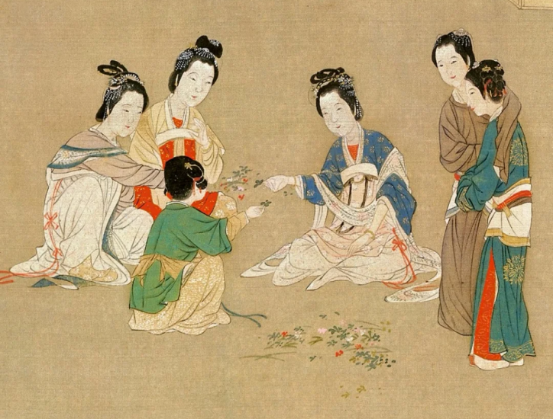
The origin of the grass – fighting game can be traced back to the Wei, Jin, and Southern and Northern Dynasties. At that time, people would go out to gather herbs on the Dragon Boat Festival and insert mugwort on the door to relieve heat and ward off diseases. After the harvest, they would play the grass – fighting game. After the Tang Dynasty, the grass – fighting game gradually became a pastime for women and children. It was also very popular among literati, turning into an elegant gathering for writing poems and a garden – visiting competition.
Ⅸ. Swinging
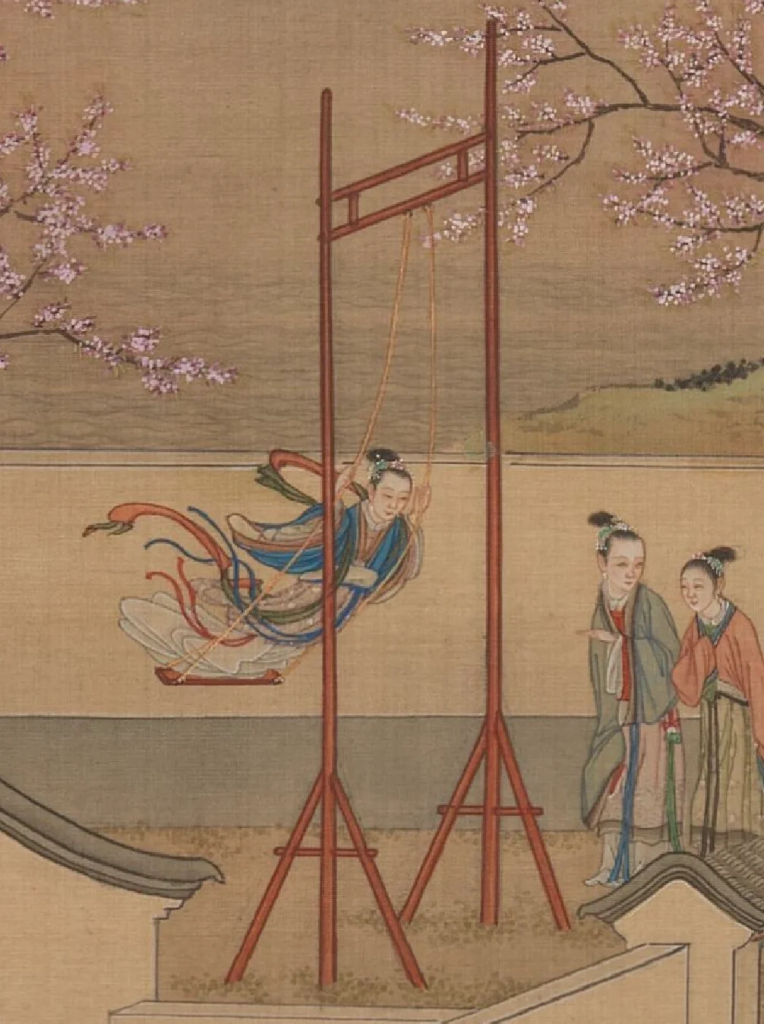
In ancient times, swinging was not only an entertainment activity but also had various social and cultural meanings. In the Tang Dynasty, swinging became an important custom during the Qingming Festival. It was popular not only among the common people but also in the imperial court, where swings were set up for the empress, concubines, and palace maids to play on. Swinging could not only improve health but also cultivate courage.

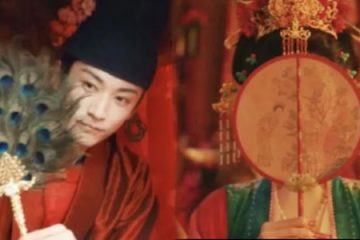
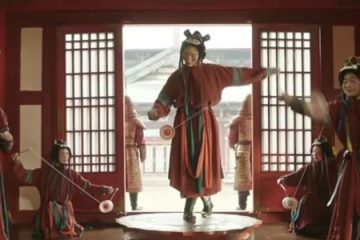
0 Comments